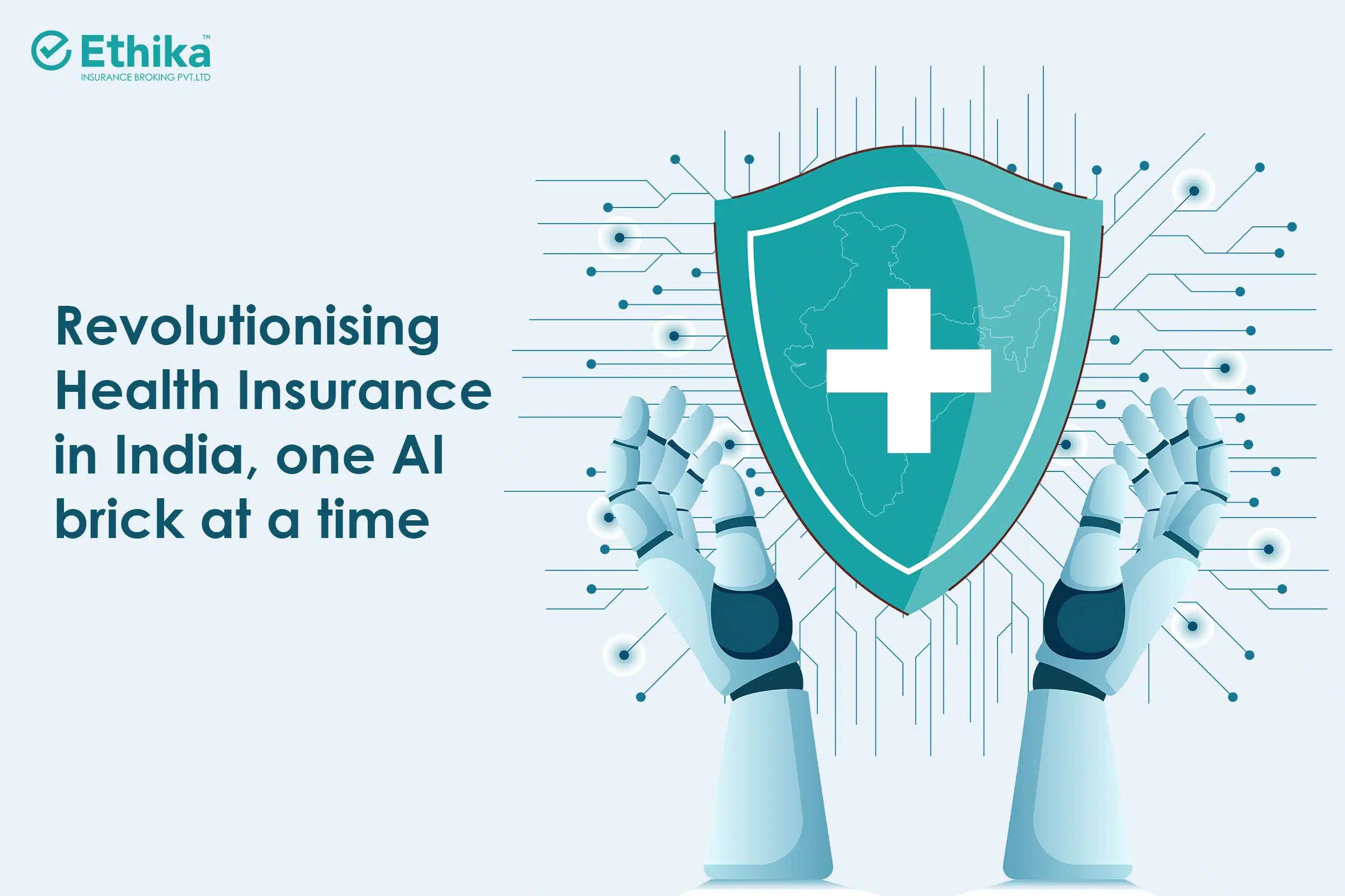
India’s health insurance landscape is undergoing a dramatic transformation. The integration of Artificial Intelligence (AI) in health insurance sector promises to redefine affordability, accessibility, and efficiency for millions of people across the country.
From personalized policy offerings to streamlined claims processing, AI is reshaping how insurers operate. Cutting-edge algorithms and data analysis tools are driving these innovations, ensuring that customers receive faster, fairer, and customized services.
However, like every revolution, this one doesn’t come without challenges, either. Addressing issues such as data privacy, algorithmic biases, and technological gaps will be critical to the success of this revolution. In this piece, let us look at some of the positives and negatives of how AI is impacting the health insurance industry.
What’s on this page?
Personalization of Health Insurance Policies using AI
AI enables insurers to analyze individual health data, allowing for tailored policies that align with personal health profiles and lifestyles. This customization ensures that policyholders receive coverage that meets their specific needs, promoting better health outcomes and cost efficiency.
Streamlined Claim Settlements using AI
The integration of AI in claim processing accelerates settlements by automating data analysis and decision-making. AI systems can quickly assess claims, reducing manual intervention and minimizing errors, leading to faster and more accurate payouts.
Fraud Detection using AI
AI’s ability to detect patterns and anomalies plays a crucial role in identifying fraudulent activities. By analyzing vast amounts of data, AI can flag suspicious claims, protecting insurers from significant financial losses and ensuring the integrity of the insurance system.
Enhanced Customer Experience using AI
AI-powered chatbots and virtual assistants provide 24/7 customer support, addressing queries and guiding users through policy options. This continuous round the clock availability enhances customer satisfaction and engagement, making health insurance more accessible.
Challenges and Considerations of using AI in the Health Insurance ecosystem
Despite its benefits, AI implementation in health insurance is not without its set of challenges.
Data privacy & security concerns is amongst one of the biggest challenge that needs to be addressed. AI algorithms thrive on data, and in the health insurance context, this means highly sensitive personal and medical information. Protecting this data from breaches and misuse is paramount.
AI algorithms are trained on data, and if that data reflects existing biases, the AI system can perpetuate or even amplify those biases. For example, if an algorithm used to predict health risks is trained on data that overrepresents a certain demographic, it might unfairly disadvantage other groups.
Many AI algorithms, particularly deep learning models, operate as “black boxes.” It can be difficult to understand how they arrive at a particular decision. This lack of explainability can create trust issues, especially in a sensitive domain like health insurance.
Health insurance companies often rely on legacy systems that can be complex and difficult to integrate with new AI technologies. This can create technical hurdles and increase implementation costs, which in turn, need to be borne by the end Consumer, thereby escalating health insurance premiums.
The regulatory landscape for AI in healthcare and insurance is still evolving. Regulators are grappling with how to ensure the safe and ethical use of AI while fostering innovation. This uncertainty can create challenges for companies looking to deploy AI solutions.
In conclusion, AI is transforming India’s health insurance landscape but some of the inherent technological challenges need deeper deliberation. AI does offer personalized solutions, streamlines operations, and enhances customer experiences. But it also raises data security concerns and inherent biases about usage. As the industry continues to evolve, embracing AI responsibly will be key to achieving a more efficient and inclusive health insurance system.
Frequently Asked Questions (FAQs)
- How is AI transforming the health insurance sector in India?
AI is revolutionizing the sector by enabling personalized policy design, automating claims processing, and enhancing fraud detection, resulting in improved customer satisfaction and operational efficiency.
- What are the benefits of AI for customers in health insurance?
AI benefits customers by offering tailored coverage, faster claim settlements, 24/7 virtual assistance, and greater transparency in policy management.
- How does AI help in fraud detection in health insurance?
AI analyzes large volumes of data to identify patterns and anomalies, flagging suspicious claims to prevent fraudulent activities and financial losses.
- What challenges does AI face in health insurance adoption?
Key challenges include data privacy concerns, algorithmic biases, regulatory hurdles, and the need for robust technological infrastructure.
- What role do chatbots play in AI-driven health insurance?
AI-powered chatbots provide instant responses to customer queries, guide users through policy options, and assist with claim submissions, enhancing overall customer experience.